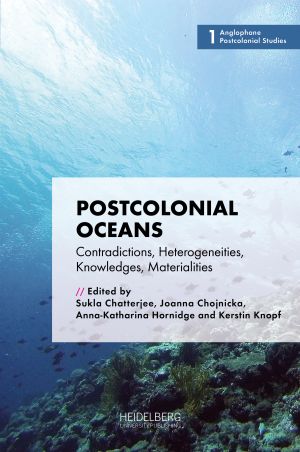How to Cite
License (Chapter)

This work is licensed under a Creative Commons Attribution-ShareAlike 4.0 International License.
Identifiers (Book)
Published
The Remembrance of Enslavement in the Atlantic Ocean Space in Postcolonial Port Towns
Barcelona and Cadiz, Havana and Matanzas
ABSTRACT The chapter refers to the remembrance of seafaring in the Atlantic Ocean in two Spanish and two Cuban port towns. The memorial cityscapes of the Spanish ports are full of symbols related to the sea. Museums and monuments reflect pride in brave seamen and adventurous merchants trading exotic goods. They ignore completely (in Cadiz) and predominantly (in Barcelona) that the main “merchandise” were human beings and the Atlantic Ocean was a big wet graveyard. Captives were deported from Africa to the Americas and the Caribbean to be exploited until an early death on sugar, coffee, and cotton fields. In Cuba, plantation slavery is remembered, but separated from the sea’s history and without looking at racism as a legacy of enslavement. The voices of the enslaved are absent on both sides of the Atlantic. The chapter asks for the reasons for these silences and ways to decolonize the images of maritime history.
KEYWORDS Atlantic Ocean, decolonization, enslavement, memories, museums






